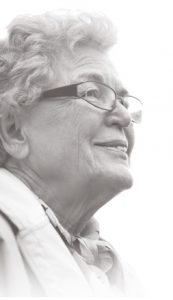Contact was established in 1977 in response to a growing recognition that people have complex and diverse emotional and mental health needs which were not being met.

As the years have progressed so has the expertise and reputation of Contact who initiated groundbreaking projects in the areas of telephone counselling services, drugs and alcohol counselling and schools counselling services, all mainly targeted at young people in the 11–25 age range. In the last number of years Contact has been successful in developing the Independent Counselling in Schools Service, whereby every school in NI now has access to a schools counselling service, although we are no longer the delivery agent for this project. Since 2006 we have provided the 24/7 telephone helpline, Lifeline, with wraparound crisis counselling, specifically aimed at those most at risk of suicide and self harm.
Collaborating to make more of a difference
Contact has always worked in partnership with other organisations, both statutory and voluntary, to develop and deliver our services. In more recent years we have taken this partnership model of working even further to enable our services to reach out into local communities throughout NI.
With funding we can do more
The main sources of core funding for our work are YCNI and CRC. The Executive Programme Fund for Children supports our work in the NH&SST and various Health Trusts and Investing for Health provide funding for community based counselling services. Our Lifeline service is commissioned by the PHA and funding comes from DHSS&PS. Schools and Further Education colleges commission Contact directly to deliver counselling services directly to their students. Contact also source various small grants and funding sources to support our work. We also gratefully accept donations from the general public in support of our work.

